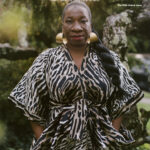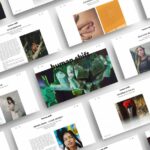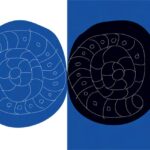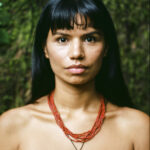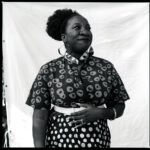Stina: Congratulations on your book, Cassandra Speaks. It’s so profound and engaging. I think anyone who is a woman, knows a woman or wants to know a woman should read this book. The subtitle of the book is, “When women are the storytellers, the human story changes.” How did you become a storyteller?
Elizabeth: Well, I’ve always loved stories and, even from a young age, I understood that the best way to reach another human being is through stories. I’ve worked at Omega Institute, a conference and retreat center, since I was 22, and I have always been very curious about what people learn and absorb. There’s so much talk, explaining, telling us to do this and that, but most of the time, we don’t do what’s good for us. I found that stories are what really wake people up, get them to pay attention. That’s why we love novels, movies and television shows. That’s why religions use parables. We love stories and beautiful images.
My first book, The Seeker’s Guide, was a very long research-based book. I had been observing the self-help and human potential movement for years. People would say, “I loved your book.” And then admit that they had only read those parts where I talked about my own spiritual search, and I thought, “Well, in my next books I’m just going to write those stories.” And, since I’m a student of myths and religions, I noticed something very disturbing. Who has been telling the stories during the whole of human history? Men. And it’s not that men’s stories are bad, it’s just that they’re only one perspective. Something like The Odyssey or The Iliad, is all about adventure, war and exploration, and those are considered the greatest books of human history. While books about the home, children, connection and relationship are called women’s literature. Women are led to believe that the books about real life, especially the real lives of women, the stories we enjoy and which have meaning to us, are less valuable than those other stories.


